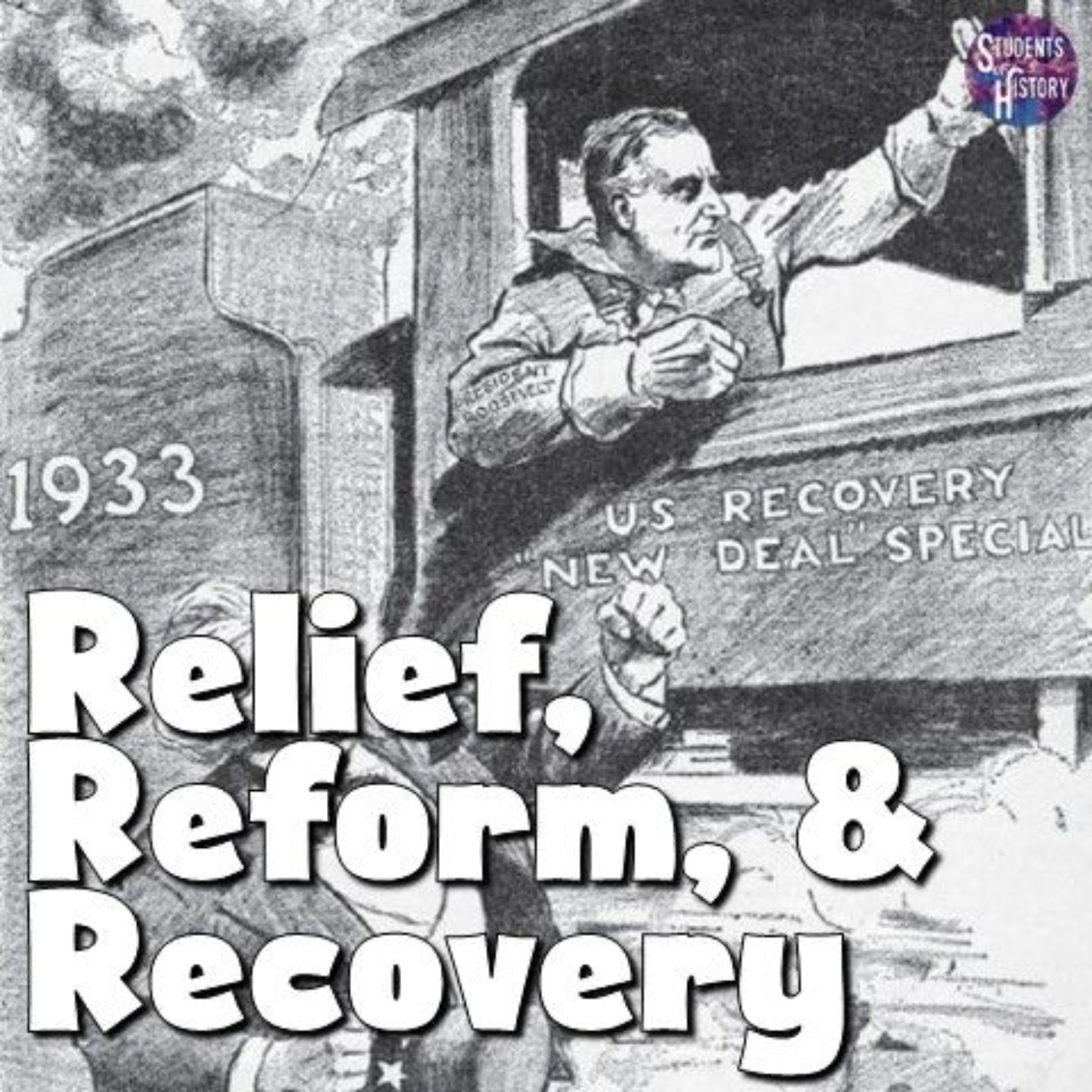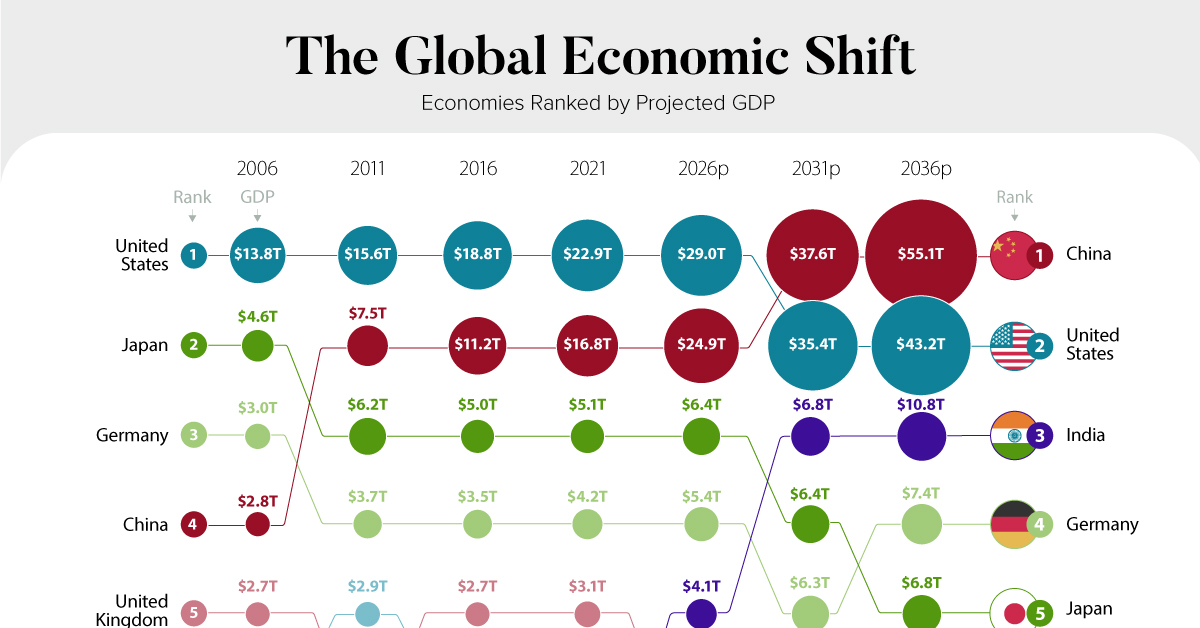New Era, Unethical Economy: Economists Sound Alarm
As the nation embraces a purported “new era,” economists raise concerns about an alarming shift towards uneconomical practices that threaten the well-being of its citizens.
Rising Debt Levels
A major red flag is the country’s escalating debt levels. Government borrowing has skyrocketed, reaching unsustainable heights. Economists warn that this excessive debt accumulation will burden future generations with crushing interest payments, diverting resources that could be used for essential services like education and healthcare.
Erosion of Market Competition
Another worrying trend is the erosion of market competition. Monopolies and oligopolies have emerged, dominating key industries and stifling innovation. This lack of competition leads to higher prices, reduced quality, and fewer opportunities for businesses to thrive.
Environmental Degradation
In the pursuit of economic growth, the country has neglected environmental protection. Industries have been allowed to pollute air, water, and land with impunity. Short-term financial gains are being prioritized over the long-term health of the nation’s natural resources and the well-being of its citizens.
Labor Exploitation
Exploitation of labor has become rampant. Workers are denied fair wages, adequate benefits, and safe working conditions. This not only harms the individuals involved but also undermines the country’s economic productivity in the long run.
Consequences of Unethical Economy
These unethical practices are creating a vicious cycle that will have severe consequences for the nation. Economic growth will be stunted, inequality will widen, and the well-being of citizens will deteriorate. The government and policy-makers must act urgently to address these concerns. They need to implement regulations that promote competition, protect the environment, and ensure fair labor practices. They must also reduce debt levels and shift the focus away from short-term profits and towards sustainable economic growth. The choice lies before the nation: embrace the unethical path and face a bleak future, or chart a more ethical course that promises prosperity and well-being for all.Post-Budget Discussion Highlights Corruption and Economic Concerns
Post-Budget Discussion Highlights Corruption and Economic Concerns
At a post-budget discussion organized by the Bangladesh Newspaper Owners’ Association and the Editorial Board, speakers from various fields raised concerns about the country’s unethical economy and the impact of corruption on financial stability. Economists, parliamentarians, and retired bureaucrats pointed out the rampant corruption in the banking sector and the plundering of subsidies and loans by entrenched quartets. The speakers warned that the inability to mobilize sufficient revenue due to wrong incentives and leakages has pushed the government to the brink of bankruptcy, while pressure on debt servicing continues to increase. Former adviser to the interim government, Wahiduddin Mahmud, criticized the new budget as a “sacrificial lamb” amidst the backdrop of corruption, capital flight, and rising interest payments. He questioned the unrealistic fiscal measures and highlighted the failure of the Bangladesh Financial Intelligent Unit to properly monitor illicit wealth and money smuggling. Another former interim government adviser, Hossian Zillur Rahman, described the budget proposal as reflecting the dictates of the International Monetary Fund, oligarchs, and bureaucrats. He condemned the proposed legalization of undisclosed money as unethical, predicting that the situation would become even more dangerous unless ethical practices in the economy were implemented. Salehuddin Ahmed, a former Bangladesh Bank Governor, expressed concerns about the government’s loan proposals, which he said did not reflect the reality of the crippled banking sector due to rising bad loans. He criticized the government’s focus on physical infrastructure projects rather than human resource development. Other speakers emphasized the need for reforms in the banking sector, government administration, and tax administration to overcome economic problems. They called for committees to be established to address issues in the operating budget and the banking sector. The discussion was concluded by Mahfuz Anam, editor and publisher of The Daily Star, who thanked the economists for highlighting the reasons for the current economic downturn.
Country Moves Towards Unethical Economy, Warn Economists
Leading economists are expressing concern over a shift towards unethical economic practices in the country. They warn that this trend could have serious long-term consequences for the economy and society as a whole. “We are witnessing a worrying decline in ethical standards across various sectors of the economy,” said Dr. Sarah Williams of the University of Oxford. “Businesses are increasingly resorting to unethical tactics to maximize profits, while consumers are complicit in driving demand for products and services that are produced unethically.” One of the most concerning trends is the growing acceptance of corruption. Bribery, kickbacks, and other illicit practices have become increasingly common, undermining the rule of law and creating an uneven playing field for businesses. Another major concern is the exploitation of workers. Low wages, unsafe working conditions, and the denial of basic labor rights are rife in some industries. This not only violates human rights but also contributes to poverty and inequality. Environmental degradation is another area where ethical breaches are becoming more prevalent. Short-term economic gains are prioritized over the long-term sustainability of ecosystems, leading to pollution, deforestation, and climate change. Economists argue that these unethical practices damage the economy by eroding trust, reducing investment, and increasing risk. They also have a negative impact on society, contributing to social unrest, inequality, and environmental degradation. “It is imperative that we act now to reverse this trend,” said Dr. Williams. “We need to strengthen regulations, promote ethical business practices, and demand ethical choices from consumers. Only then can we ensure a prosperous and just economy for the future.”




:max_bytes(150000):strip_icc()/dotdash-economists-v2-6ef9c2984a6b4f74abb2aa3bda76d145.jpg)
















